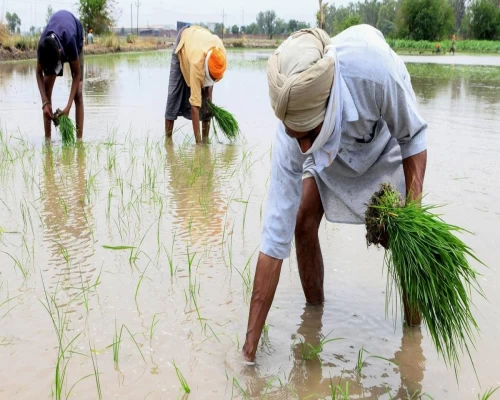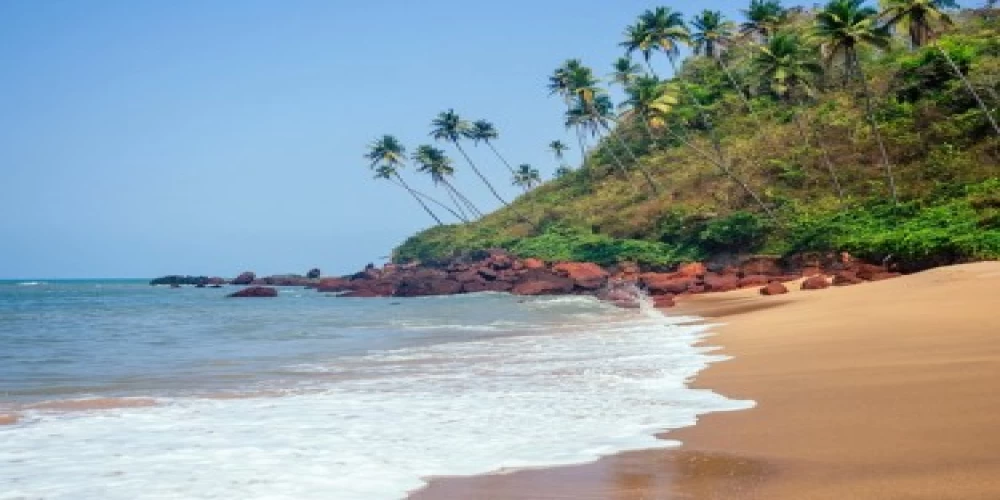
New Delhi: In what will be a major boost to Atma Nirbhar Bharat, the Central government is mulling to re-open beach sand mining to the private sector. It is learnt that an Action Plan of the Prime Minister's Office (PMO) has recommended to bring beach sand mining (BSM) under the ambit of ‘Make in India’ campaign, which will pave the way of re-entering private sector players into a sector which offers immense potential for government revenues, import substitution and employment. India is endowed with 35 per cent of the world’s reserves of beach sand minerals. Out of around 6000 km coastline, exploration has so far covered only around 2000 km of our coastal stretch!
The re-entry of private sector players into BSM means a win-win situation for the government and other stakeholders as well. As per an estimate, not less than three lakh direct employments will be created along five lakh indirect job opportunities. The total capital employment has been estimated to be Rs 1,21,000 crore, while annual turnover has been pegged at Rs 90,700 crore. The government is likely to earn Rs 29,600 crore in revenue every year.
Beach minerals have multiple uses. For example sillimanite is used as a refractory material for the refractory industry in the manufacturing of non-basic, high-alumina refractories. Zircon is the chief mineral of zirconium. Zircon is also used in industries like ceramics, chemicals and foundry. Some of them are also used as an abrasive blasting material, for water filtration, in water jet cutting; manufacturing of coated abrasives, and so on.
IREL (India) Limited, formerly known as Indian Rare Earths Limited, was the major player in this sector for the last 50 years but they did not have any substantial value addition facilities in place. IREL’s limonite value addition project in Odisha, Zircon value addition project in Tamil Nadu and the Monazite value addition project in Kerala were closed down for want of technical expertise and mounting losses.
The private sector was playing an active role in mining BSM and contributing Rs 5,000 crore a year to the current revenue since this sector was opened to it. Further, this sector was also exporting BSM to the tune of Rs 4,000 crore annually. Closing down the sector for private players has resulted in massive jobs and revenue losses.
“Two Sectors are currently restricted – Beach sand minerals (only the Department of Atomic Energy (DAE) can do mining) and Offshore mining (currently only through PSUs). A High level Committee may be set up for opening up these two sectors for exploration and production by the private sector,” said the action plan.
The NDA government had issued a detailed notification in July 2019 for reserving the prospecting and mining rights of offshore minerals under Offshore Areas Mineral (Development and Regulation) Act, 2002, exclusively to government-owned companies and entities, after specifically citing the need to ‘safeguard’ strategic interest of the country and curbing illegal mining of atomic minerals.
Thorium is a key ingredient of India’s three-stage nuclear programme that can be turned into nuclear fuel after being combined with a fissile material such as plutonium. Since the other beach sand minerals and monazite generally occur together, companies handling beach sand minerals were earlier required to get a license from the atomic sector regulator AERB (Atomic Energy Regulatory Board), with the licensing conditions requiring the licensee to, after separating the beach sand minerals, dispose of the tailings, which contain monazite, within its company premises or as backfill. Inspectors from AERB then surveyed these areas to ensure the licensing conditions were met.
As the Centre is gearing up to open BSM for private players again, they feel that there should be a single window approach at the District, State and Central government level for mining, land acquisition, and other related statutory clearances with adequate authority and delegation of powers to take decisions and dispose off quickly all the matters related to BSM mining so that the lead time can be substantially brought down from 7-8 years that it takes now.
According to them, necessary modifications are required to be made in the rules to not only include all the suite minerals in the lease deed, but also to incentivize exploitation of as many of them as possible. A meeting with the stakeholders of all existing BSM mining companies, by DAE and Ministry of Mines (MOM) along with the connected departments of both State and Central Governments may be convened to discuss threadbare all the issues affecting the implementation of Make In India program in this sector, they said. /BI/


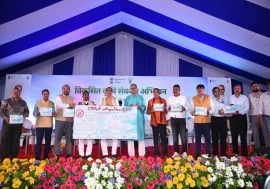
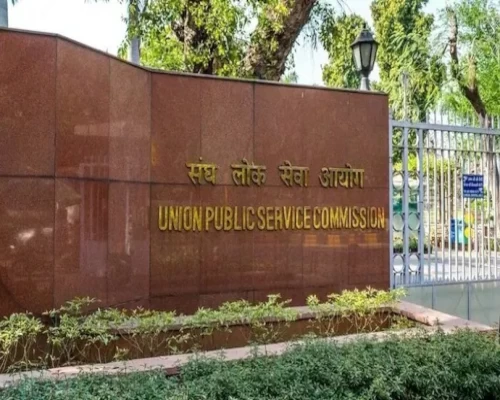


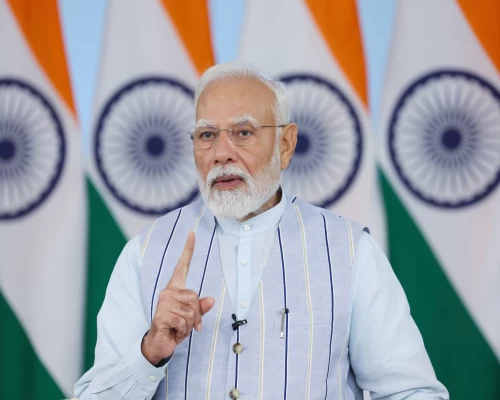
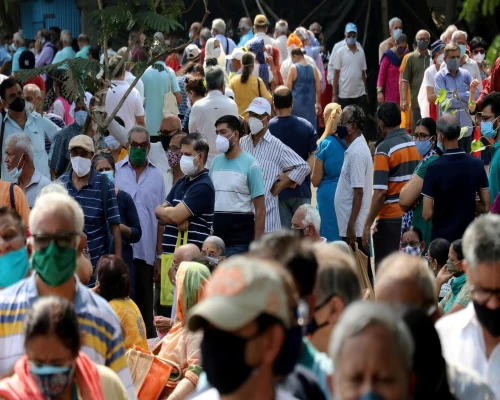
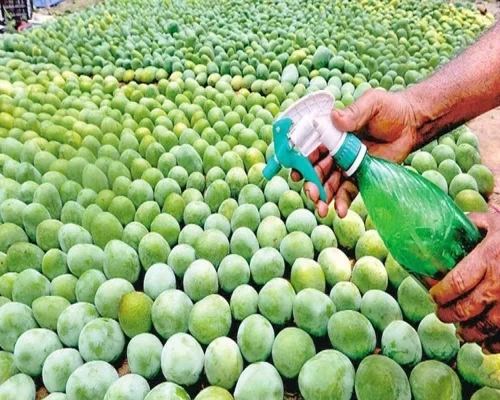
 (13)_500_x_400.webp)
